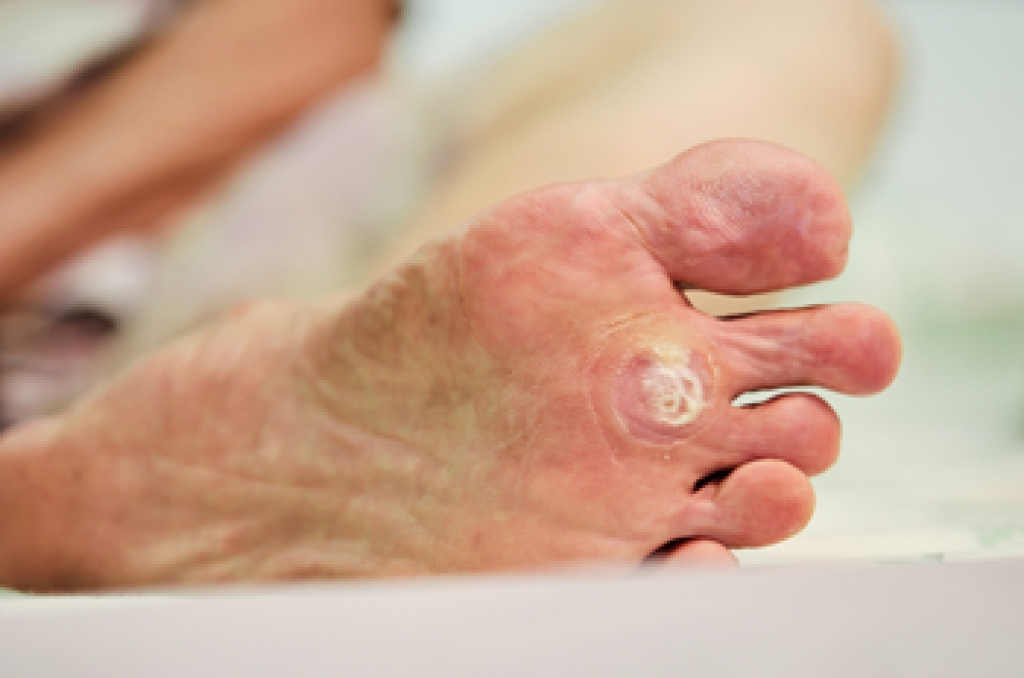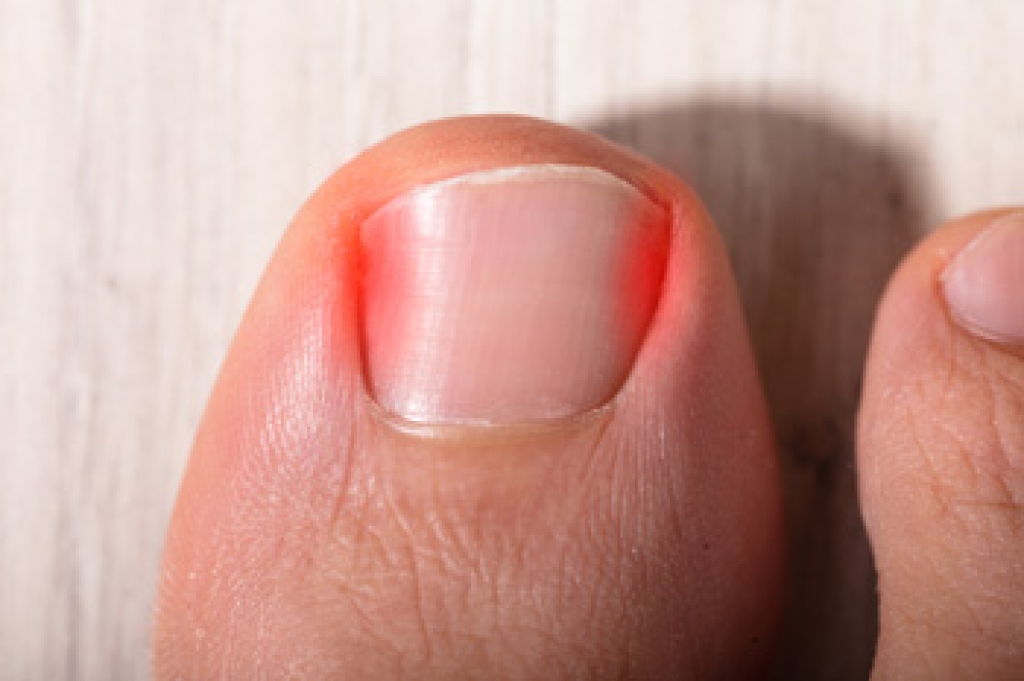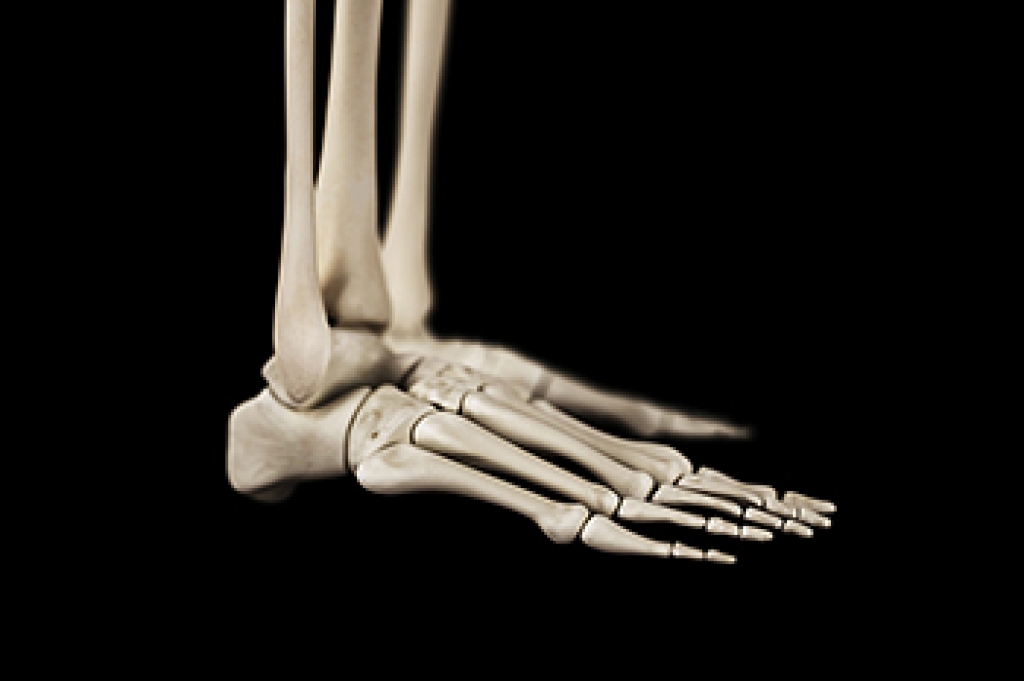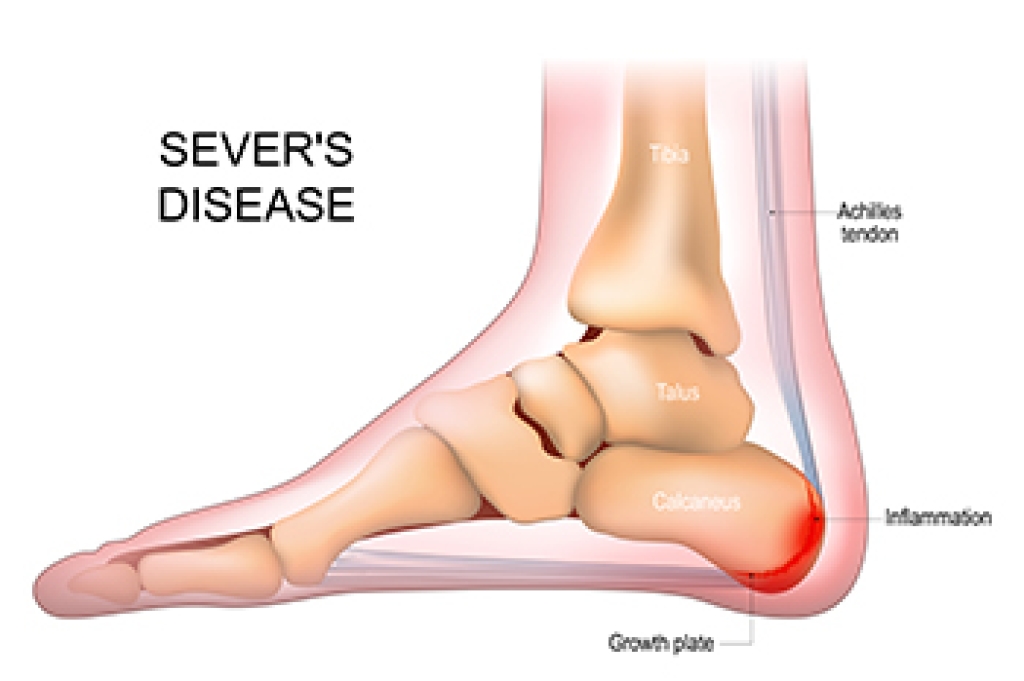Blog
Recognizing a Plantar Wart

Plantar warts are growths that develop on the bottom of the foot when a virus enters through small breaks in the skin. A plantar wart may appear as a rough, thickened area with small dark dots from tiny clotted blood vessels. Walking pressure can cause soreness or a sharp sensation, especially when the wart forms on the heel or ball of the foot. A podiatrist can confirm the diagnosis and recommend medical treatment based on size, depth, and pain level. Options include prescription-strength topical medications, controlled chemical treatments, freezing techniques, laser therapy, or minor in-office procedures to remove the lesion. Follow-up care focuses on clearing any remaining virus and reducing recurrence while protecting healthy skin. If you believe you have a plantar wart on your foot, it is suggested that you make an appointment with a podiatrist for an exam, diagnosis, and treatment.
Plantar warts can be very uncomfortable. If you need your feet checked, contact one of our podiatrists from Nashville Family Foot Care. Our practitioners will assist you with all of your foot and ankle needs.
About Plantar Warts
Plantar warts are the result of HPV, or human papillomavirus, getting into open wounds on the feet. They are mostly found on the heels or balls of the feet.
While plantar warts are generally harmless, those experiencing excessive pain or those suffering from diabetes or a compromised immune system require immediate medical care. Plantar warts are easily diagnosed, usually through scraping off a bit of rough skin or by getting a biopsy.
Symptoms
- Lesions on the bottom of your feet, usually rough and grainy
- Hard or thick callused spots
- Wart seeds, which are small clotted blood vessels that look like little black spots
- Pain, discomfort, or tenderness of your feet when walking or standing
Treatment
- Freezing
- Electric tool removal
- Laser Treatment
- Topical Creams (prescription only)
- Over-the-counter medications
To help prevent developing plantar warts, avoid walking barefoot over abrasive surfaces that can cause cuts or wounds for HPV to get into. Avoiding direct contact with other warts, as well as not picking or rubbing existing warts, can help prevent the further spread of plantar warts. However, if you think you have developed plantar warts, speak to your podiatrist. He or she can diagnose the warts on your feet and recommend the appropriate treatment options.
If you have any questions, please feel free to contact our office located in Nashville, TN . We offer the newest diagnostic and treatment technologies for all your foot care needs.
Causes of Ingrown Toenails

Ingrown toenails develop when the edge of a toenail grows into the surrounding skin, leading to pain, redness, and swelling. This condition can affect people of all ages, from children to older adults. It often involves the big toe and can result from trimming the nails too short, rounding the edges, or wearing shoes that lack adequate support and crowd the toes. Repeated pressure from sports or activities that stress the toes may also cause the nail to grow incorrectly. Some people are born with curved or wide nails that naturally turn inward, increasing the likelihood of ingrowth. If left untreated, the area can become infected and make walking uncomfortable. A podiatrist can remove the portion of the nail pressing into the skin, correct the nail shape, and provide guidance to prevent future issues. If you have developed an ingrown toenail, it is suggested that you schedule an appointment with a podiatrist for a diagnosis and suggested treatment.
Ingrown toenails can become painful if they are not treated properly. For more information about ingrown toenails, contact one of our podiatrists of Nashville Family Foot Care. Our practitioners can provide the care you need to keep you pain-free and on your feet.
Ingrown Toenails
Ingrown toenails occur when a toenail grows sideways into the bed of the nail, causing pain, swelling, and possibly infection.
Causes
- Bacterial infections
- Improper nail cutting such as cutting it too short or not straight across
- Trauma to the toe, such as stubbing, which causes the nail to grow back irregularly
- Ill-fitting shoes that bunch the toes too close together
- Genetic predisposition
Prevention
Wearing proper fitting shoes and using proper cutting techniques will also help decrease your risk of developing ingrown toenails.
Treatment
Ingrown toenails are a very treatable foot condition. In minor cases, soaking the affected area in salt or antibacterial soaps will not only help with the ingrown nail itself, but also help prevent any infections from occurring. In more severe cases, surgery is an option. In either case, speaking to your podiatrist about this condition will help you get a better understanding of specific treatment options that are right for you.
If you have any questions, please feel free to contact our office located in Nashville, TN . We offer the newest diagnostic and treatment technologies for all your foot care needs.
Foot Anatomy and Stability

Foot and ankle anatomy plays a vital role in movement, balance, and daily comfort. The structure includes joints, tarsal bones, metatarsals, and phalanges that work together to support body weight and allow smooth motion. Ligaments connect these bones and help create stability by guiding proper alignment during walking and standing. When an imbalance occurs, stress may be placed on certain joints or tissues, leading to foot pain, inflammation, or difficulty with mobility. Problems such as heel pain, arch strain, and joint discomfort can develop over time. If you have foot pain, it is suggested that you consult a podiatrist who can assess foot structure, identify imbalance, and provide treatment options such as custom orthotics, supportive care, or other targeted treatments.
If you have any concerns about your feet, contact one of our podiatrists from Nashville Family Foot Care. Our practitioners can provide the care you need to keep you pain-free and on your feet.
Biomechanics in Podiatry
Podiatric biomechanics is a particular sector of specialty podiatry with licensed practitioners who are trained to diagnose and treat conditions affecting the foot, ankle and lower leg. Biomechanics deals with the forces that act against the body, causing an interference with the biological structures. It focuses on the movement of the ankle, the foot and the forces that interact with them.
A History of Biomechanics
- Biomechanics dates back to the BC era in Egypt where evidence of professional foot care has been recorded.
- In 1974, biomechanics gained a higher profile from the studies of Merton Root, who claimed that by changing or controlling the forces between the ankle and the foot, corrections or conditions could be implemented to gain strength and coordination in the area.
Modern technological improvements are based on past theories and therapeutic processes that provide a better understanding of podiatric concepts for biomechanics. Computers can provide accurate information about the forces and patterns of the feet and lower legs.
Understanding biomechanics of the feet can help improve and eliminate pain, stopping further stress to the foot.
If you have any questions please feel free to contact our office located in Nashville, TN . We offer the newest diagnostic and treatment technologies for all your foot and ankle needs.
Heel Pain From Sever’s Disease

Sever’s disease is a common source of heel discomfort in growing children, especially those who are active in sports. The condition develops when the growth plate at the back of the heel becomes irritated by repeated impact or tight calf muscles. A child may complain of soreness during running or jumping, and the pain often improves with rest, but returns quickly once activity resumes. Swelling or tenderness at the back of the heel can appear, and some children begin to walk on their toes to avoid pressure. Although the name sounds serious, the condition improves with proper guidance and activity adjustments. Wearing supportive footwear and gentle stretching can also help ease symptoms. If your child has recurring heel pain or limps after activity, it is suggested that you schedule an appointment with a podiatrist for an accurate diagnosis and care plan.
Sever's disease often occurs in children and teens. If your child is experiencing foot or ankle pain, see one of our podiatrists from Nashville Family Foot Care. Our practitioners can treat your child’s foot and ankle needs.
Sever’s Disease
Sever’s disease is also known as calcaneal apophysitis, which is a medical condition that causes heel pain I none or both feet. The disease is known to affect children between the ages of 8 and 14.
Sever’s disease occurs when part of the child’s heel known as the growth plate (calcaneal epiphysis) is attached to the Achilles tendon. This area can suffer injury when the muscles and tendons of the growing foot do not keep pace with bone growth. Therefore, the constant pain which one experiences at the back of the heel will make the child unable to put any weight on the heel. The child is then forced to walk on their toes.
Symptoms
Acute pain – Pain associated with Sever’s disease is usually felt in the heel when the child engages in physical activity such as walking, jumping and or running.
Highly active – Children who are very active are among the most susceptible in experiencing Sever’s disease, because of the stress and tension placed on their feet.
If you have any questions, please feel free to contact our office located in Nashville, TN . We offer the newest diagnostic and treatment technologies for all your foot care needs.

